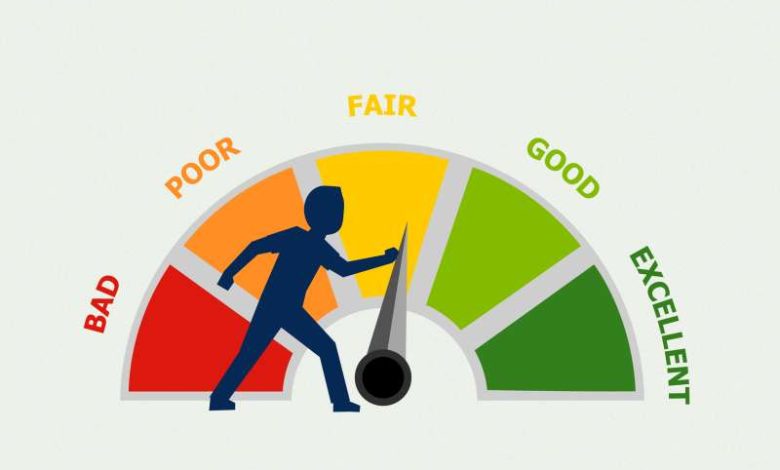Simple Ways to Enhance Your Credit Score

If you’ve recently Enhance Your Credit Score and want to improve it by a few points, you might be unsure where to begin. Here are seven ways you can boost your credit score without doing anything else.
What is the definition of a credit score?
Your credit score is a three-digit figure that indicates how creditworthy you are. Lenders evaluate your credit score to determine whether or not you should be allowed to borrow money. Low ratings indicate missed payments or a dangerous borrower; high scores indicate healthy financial habits and an excellent repayment history. The better, the higher your score.
How to Raise Your Credit Score
Because your credit score will fluctuate throughout your life, it’s preferable to approach healthy financial habits as a marathon rather than a sprint. However, you can still have an impact right away; here are some suggestions to get you started:
1. Pay off existing debts
Lenders prefer borrowers who take on healthy risks, personal loans such as installment loans, and they can even help you improve your credit score. Taking out too much money and not repaying it on time will lower your credit score. If you have debts, concentrate on paying off the loans or credit cards with the highest interest rates first.
2. Follow up on payments that were skipped or were late.
The biggest element in evaluating your credit rating is your historical cost. If you’re having trouble paying your bills on time and want to improve your credit score, this is the place to start. Set up automatic payments for your bills so you don’t forget about them. A Personal loan is always depended on the credit score, so don’t miss the repayment.
3. Pay larger payments more frequently
This recommendation is based on your credit usage ratio, which is a statistic that indicates how much of your overall credit limit you’ve previously spent. If you have a significant amount on a card, you can keep your credit usage ratio low by paying the card twice a month rather than once a month on the due date. Aim for a credit utilization ratio of less than 10% of your overall credit limit.
4. Increase your credit line
Another strategy to reduce your credit use percentage is to increase your credit limit. If you’ve been paying off your credit card on time, your issuer may be willing to increase your card limit. While a 10 percent ratio is desirable, you can always start with 30 percent. Keep in mind that this tip is truly intended for people who are good with money. Getting deeper into debt because you have more will only jeopardize your credit score.
5. Work out a lesser price
On outstanding debt, it is sometimes feasible to pay it down rate. You can reallocate cash to your principal balance or to another mortgage with a higher rate of interest if your lender agrees to a lower interest rate.
6. Think about your credit mix
Lenders prefer a diverse credit mix, involving installment loans (mortgages, school loans, and vehicle loans) and periodic credit card transactions. If you just have one credit card and use it properly, try getting a second and splitting your expenditures between the two to reduce your total credit use percentage. It’s also important to think on how a home or car purchase would affect your total credit score.
When applying for new credit, be thoughtful.
Although it may seem obvious, if you’re already in trouble for requesting too many credit lines, you shouldn’t rely on more credit to improve your score. It is beneficial to apply for new credit only when it is acceptable for your total credit portfolio.
Individuals who have a lot of credit accounts should emphasize paying them off and keeping their balances low. If it will help them in the long run, those with few lines of credit can and should seek for new credit. Although improving your credit score takes time, these techniques help you see results quickly. You’ll be more inclined to make these financial strategies second nature the more change you observe.


